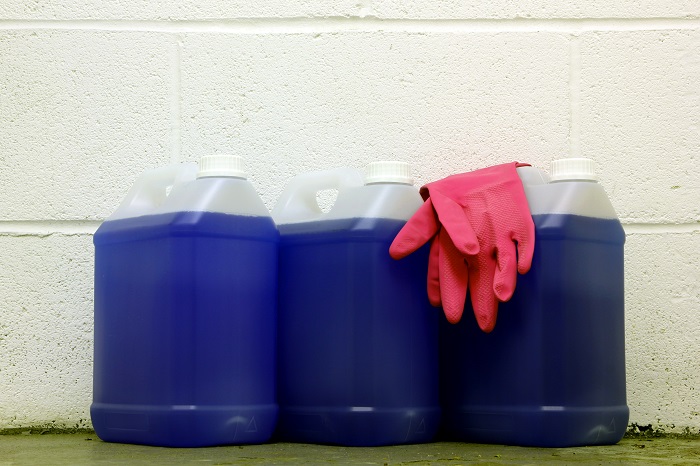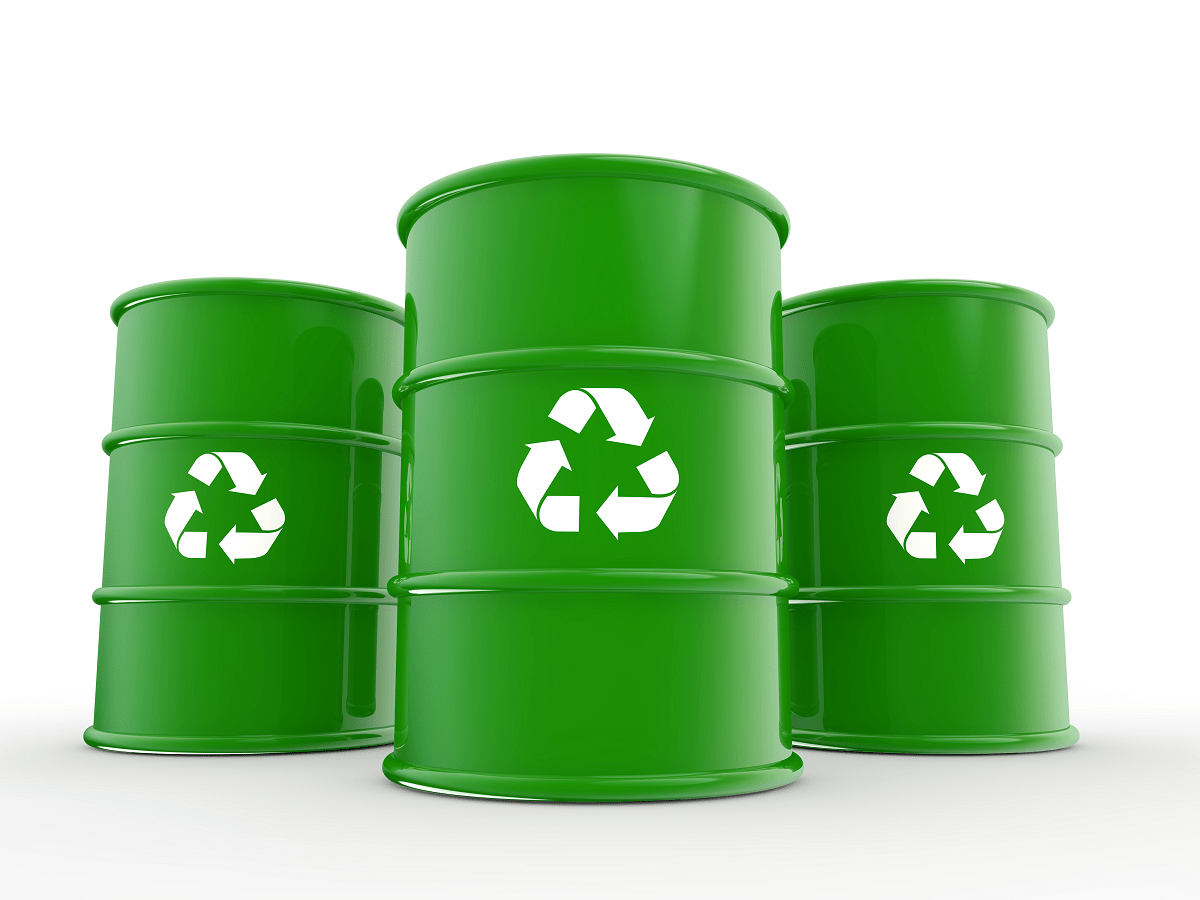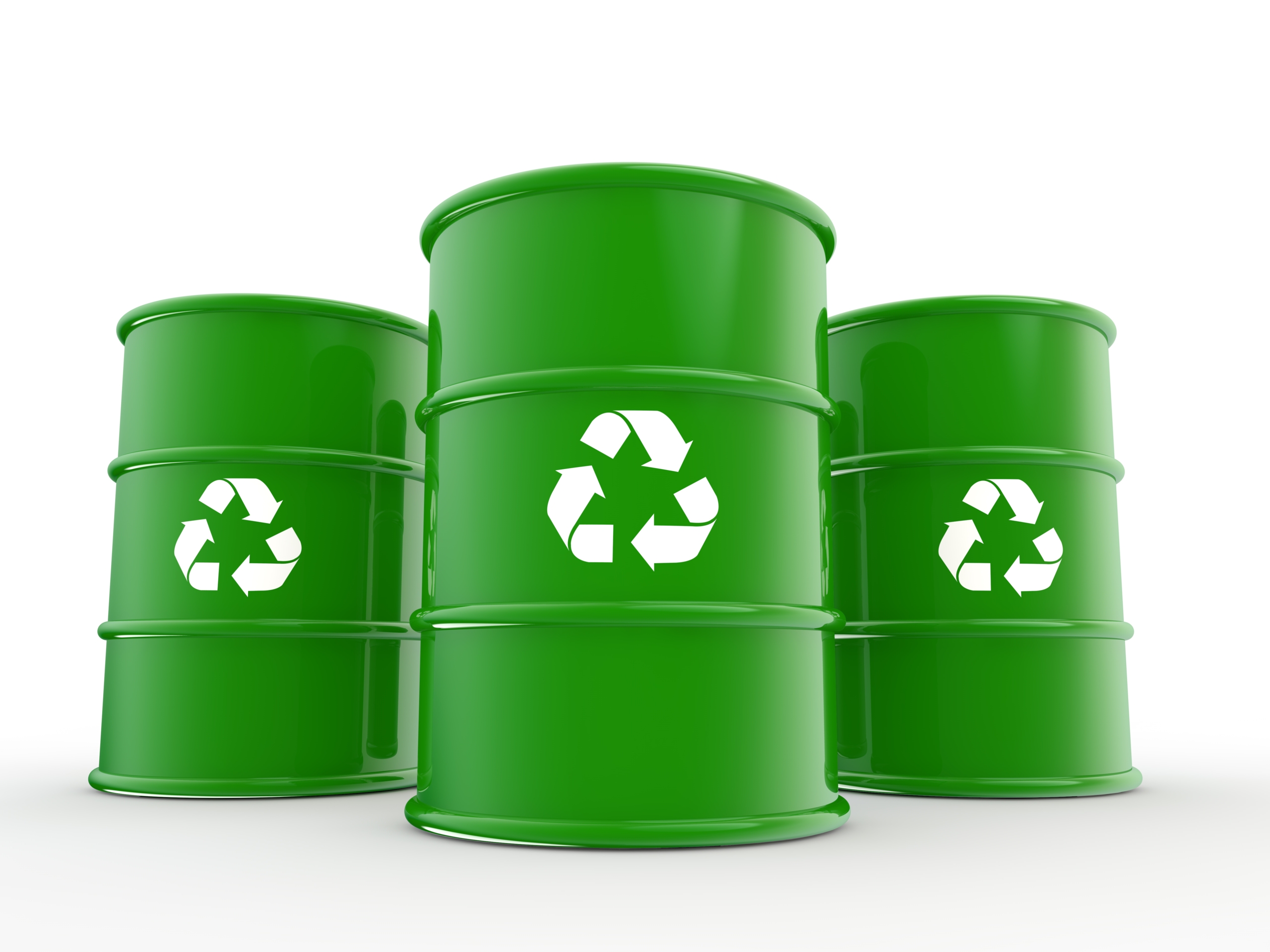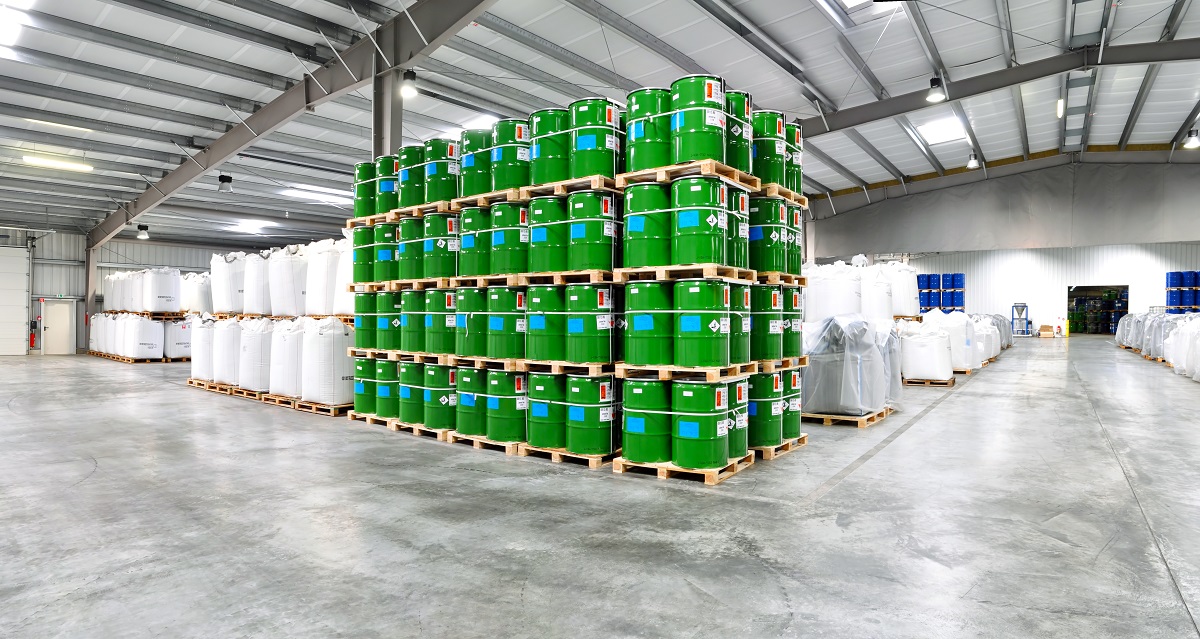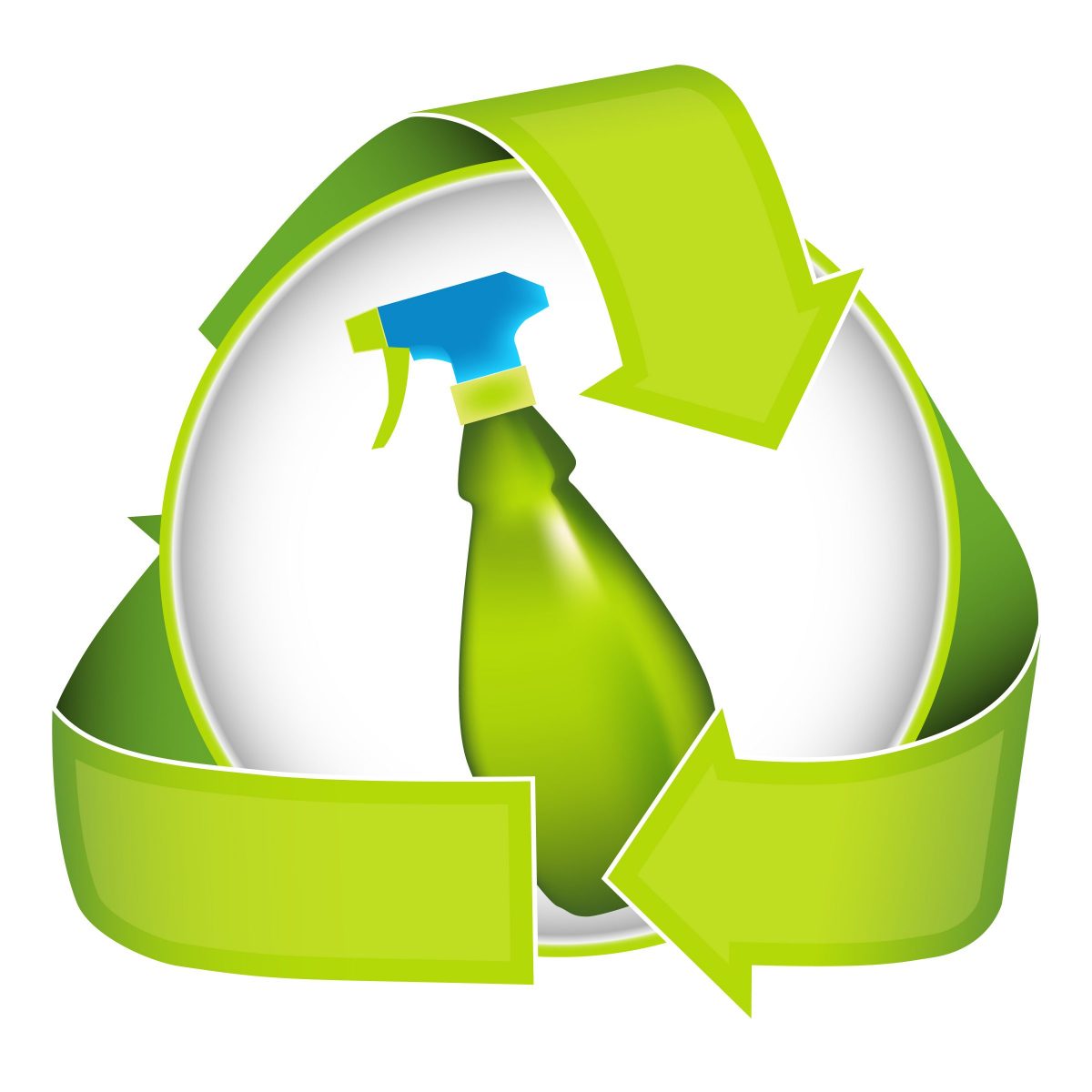In the world of industrial surface coating, aerosol coating has gained popularity as an efficient and versatile spray solution. Aerosol coating...
Blog


CHEMICAL INDUSTRY NEWS
Chemical Chat – Discover What’s New!
Asphalt vs. Architectural Shingles: What’s the Difference?
Asphalt shingles are some of the most popular roofing materials on the market. Known for their durability and longevity, this material is a common...
What Is the Average Lifespan of Asphalt Shingles?
Other than the foundation, a roof is one of the most important parts of a house. There are many different types of roofing materials, but the most...
Different Types of Shingles
Shingles are an essential part of any roof, that helps protect your home from the elements. There are several...
Asphalt vs. Architectural Shingles: What’s the Difference?
Asphalt shingles are some of the most popular roofing materials on the market. Known for their durability and...
Company News
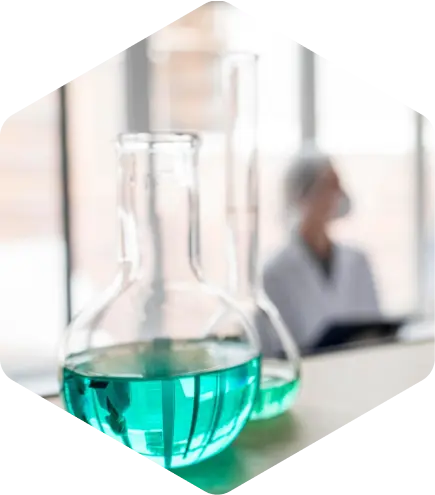
Managed Services
Discover the Latest in Safe and Sustainable Chemical Solutions
Stay informed with Ecolink’s blog! Subscribe now
Chemical Management Information
Stay updated with us
Sign Up for the Latest Updates
Stay informed about chemical supply chain disruptions and emerging innovations to keep your business at the forefront of efficiency and innovation. Uncover new ways to make your business practices more sustainable by incorporating safer products into your cleaning lineup.

















